About the Energy for Development programme
The Energy for Development (e4D) programme was created in 2010 to implement rural and off-grid electrification projects as learning entities to support universal energy access with technological innovations for hard-to-reach poor areas in Sub-Saharan Africa and beyond.
Prior to the e4D programme, ECCD completed work on solar villages , investigating the efficacy of electrification schemes using solar photovoltaics in rural villages and effect on demographics, with the results discussed in the following highlighted publications.
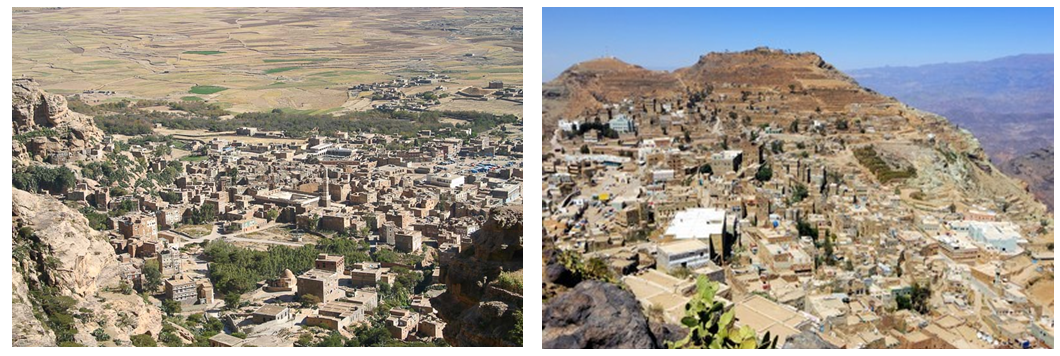
Bahaj A.S. and Sahooly A.M.(1995)
A chaotic World Bank PV initiative in the Yemen. Proceedings 13th European PV Solar Energy Conference and Exhibition, Nice, France, 23-27 October 1995, pp 1071-1073
Bahaj A.S., Diamond I., Matthews Z. and Sahooly A.M. (1997)
Population and environment in rural Yemen: demographic effects In solar villages. Proceedings of the 14th European Solar Energy Conference and Exhibiton, Barcelona, Spain, 30th June – 4th July 1997, Volume 1, pp 958-961
Bahaj A.S., McNelis B. and Zhu L. (2002) Photovoltaic and hybrid village power system: a discussion of sustainability issues. Proceedings PV in Europe – From PV Technology to Energy Solutions Conference and Exhibition, Rome, Italy, 7-11 October 2002, pp 1195-1202
Reliable and affordable sources of energy are fundamental not only for wellbeing but also for economic growth and poverty alleviation. Fulfilling the energy needs of developing countries without compromising the environment is a challenge requiring imaginative policies and methods. Many rural communities do not have access to the national electricity network, denying them the health benefits and quality of life provided by electrical services. These include health services, education, lighting and refrigeration. The installation of modular renewable energy technologies that can be operated by the community can provide solutions for the development of these areas.
The programme understands the importance of replication for rural elecrification with the development of four concise templates which outline the philosophy of the project and allow this project model to be applied to various rural locations across Africa.
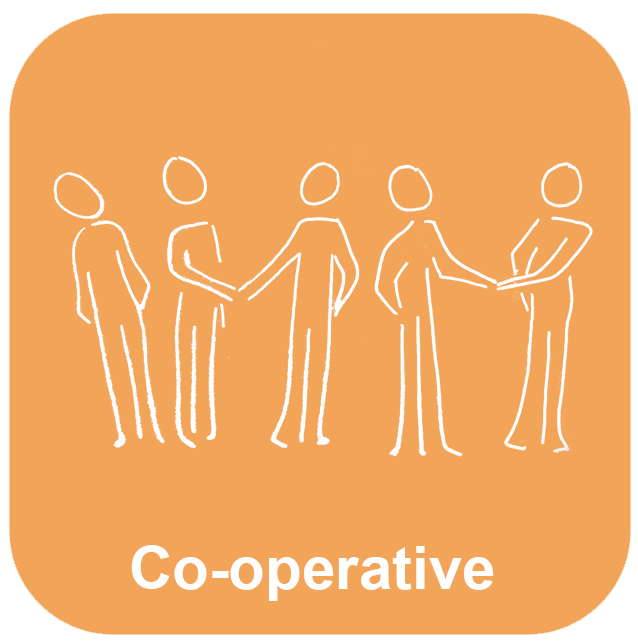
- Set up of local co-operative
- Membership & management
- Financial set-up
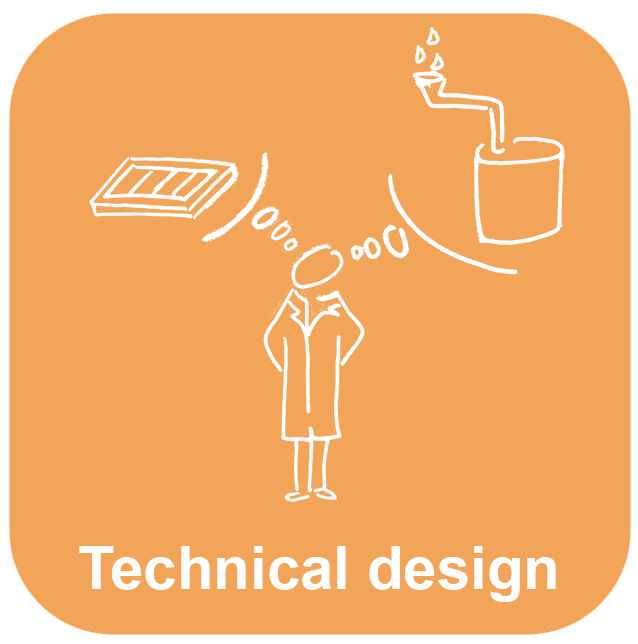
- Site resource assessment
- Rainwater harvesting systems
- Community connectivity
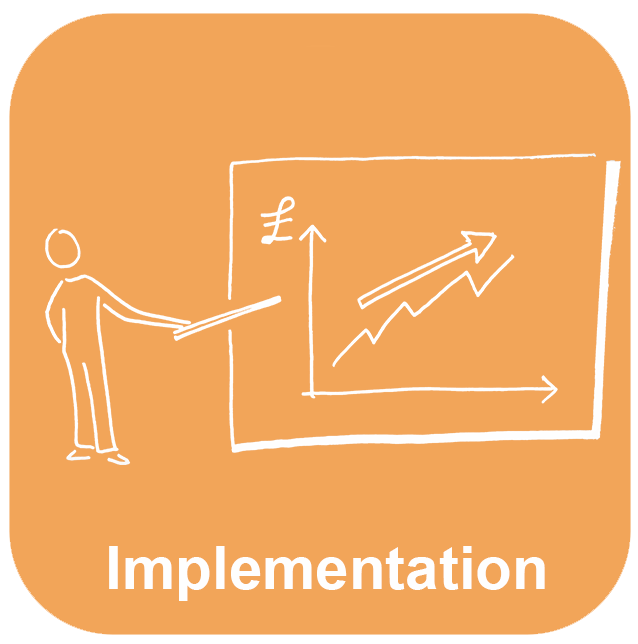
- Technology installation
- Finanical model & projections
- Cooperative accounts
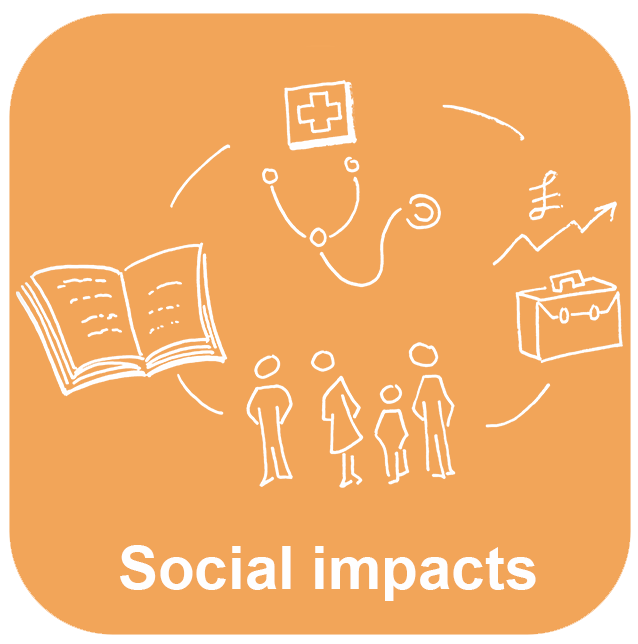
- Healthcare
- Education
- Business opportunities
